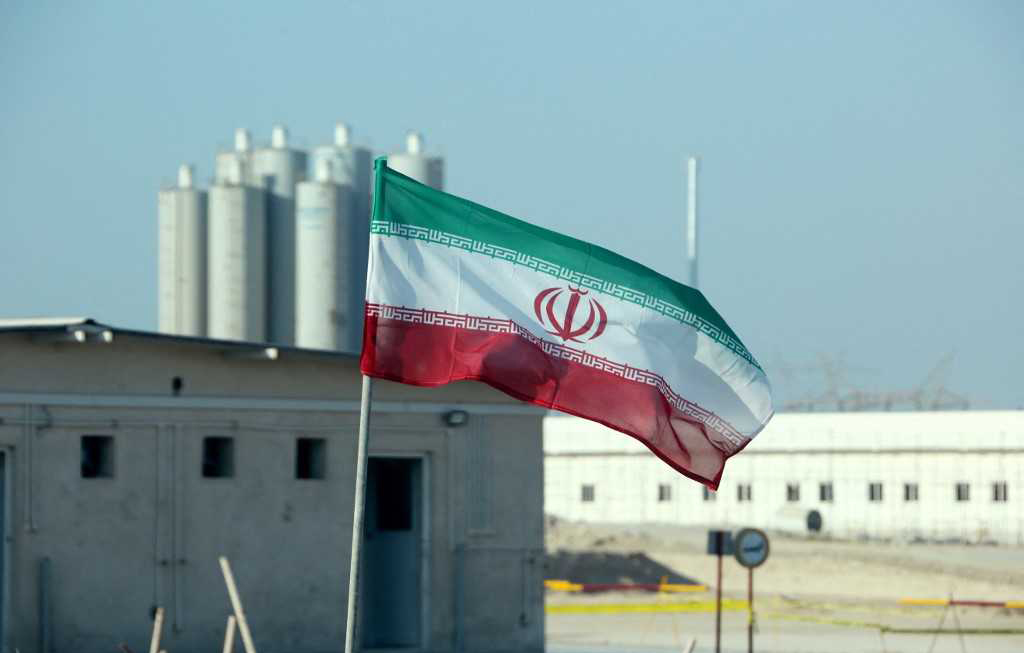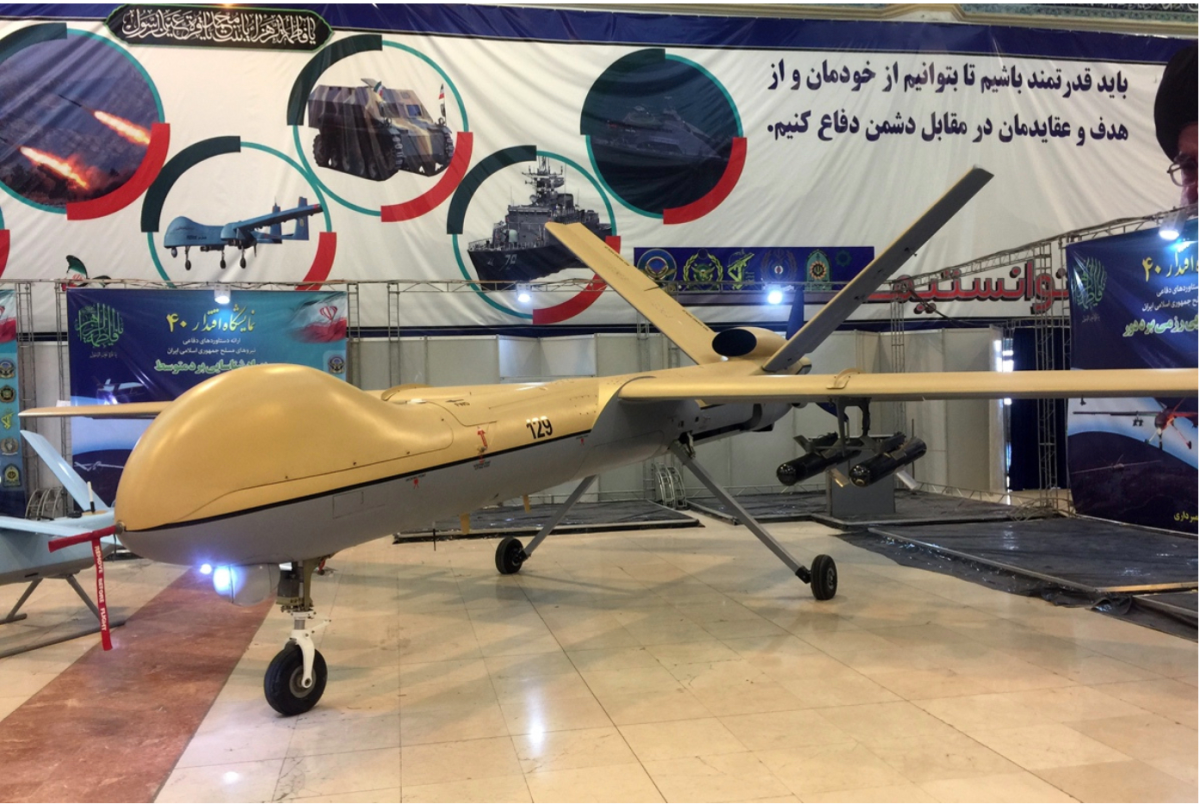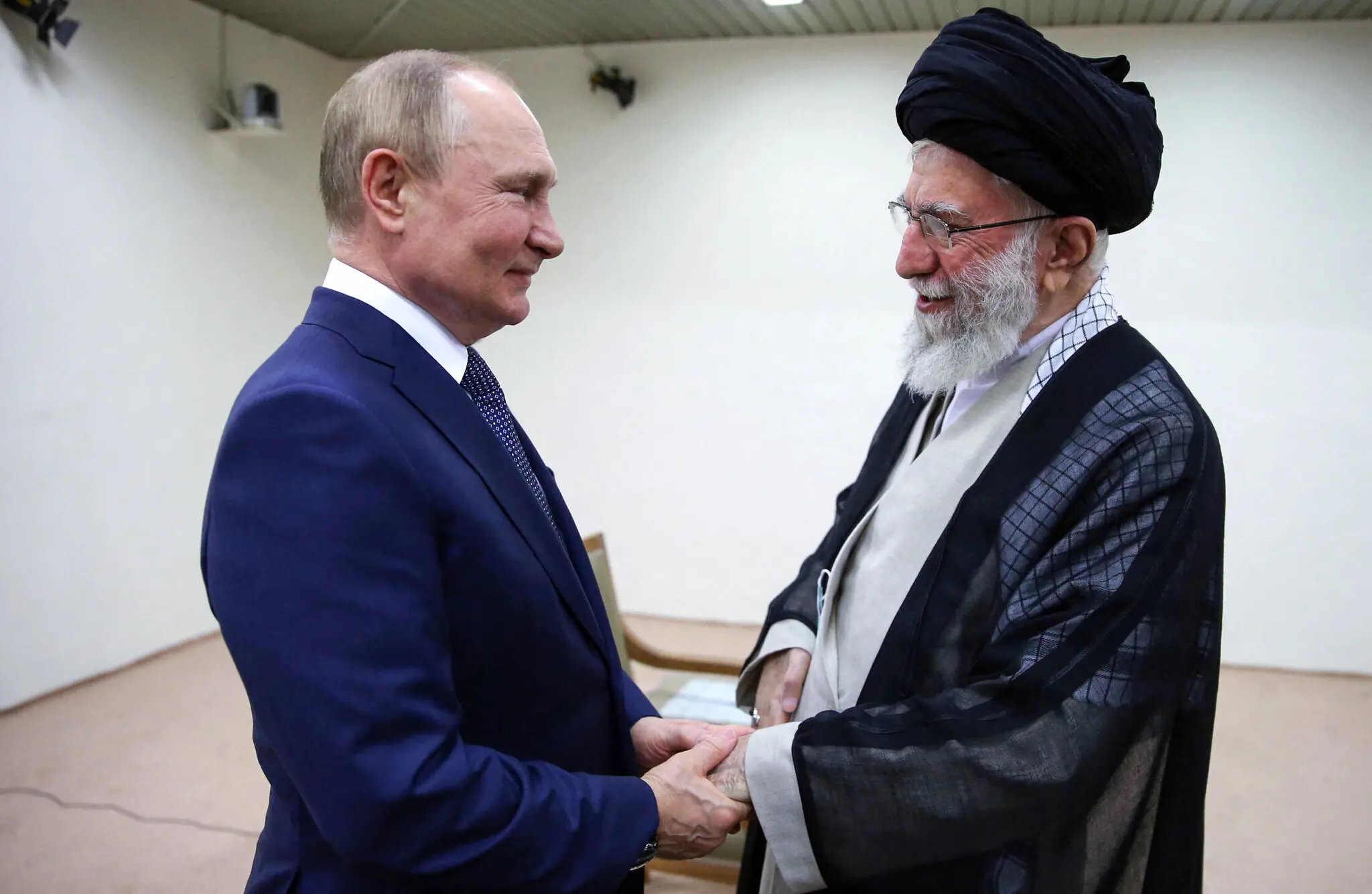By Katya Mavrelli,
After the conclusion of the trilateral summit in Tehran, Iran, and the meeting between Russia’s Vladimir Putin, Iran’s Ebrahim Raisi, and Turkey’s Recep Tayyip Erdoğan, the world observed with interest the unraveling of the plan for new regional stability. As the war in Ukraine continues, and as Europe is ravaged by war, inflation, financial instability, and climate crisis, the attention is shifted towards the Middle East – once more. As it slowly becomes the new global powerhouse, everyone is left wondering how we got here and why these matters for international stability and security.
As the war in Ukraine continues, Russia is left standing virtually alone. The sanctions that have been implemented since late February 2022 seem to be kicking in, and the Russian economy seems to be experiencing waves of shock – without biting the bullet yet. Still standing and still having the upper hand in energy-related matters, Russia seems to be faring quite well. However, it has been marginalized and turned into an outcast of the international community. It has turned into the black sheep of the globe, though it has not been turned into a pariah state yet. While it is still standing on its own two feet, it seems to be in need of new allies, new supporters, and new political friends in order to keep promoting its political agenda. Despite the unfavorable military developments for Russia in Ukraine, and in spite of some of their advancements, Putin’s Russia seems to be in dire need of friends. And it might have found this type of friendship in the arms of another marginalized state.
Iran has been quiet for quite some months. Always operating under the radar of international developments, though maintaining an active presence in all active military settings in the Middle East, Iran is the pariah state of the world economic sanctions against the development of its nuclear program, international marginalization, and systematic actions against the enlargement of its political influence have turned Iran into an actor seeking no friendships and relying on itself. Surrounded by states which perceive it negatively and located in a region where regional alliances are the key to domestic political survival, Iran has managed to do relatively well.

As Russia seems to have used almost all of its precision-guided weapons and many of its drones to support its long-range artillery strike targets during the monthlong bombardments of Ukraine, and as the international community seems to be successfully pushing Russia to the verge of surrender, Iran might be coming in to save the day for the Russians. As an avid developer of drone technology for decades, and as a supplier of drones for Hezbollah in Lebanon, Houthis in Yemen, and Shiite militias in Iraq, Iranian technology might be just what Putin’s Russia needed to hold on to for a little bit longer. In the last five weeks, a Russian delegation visited an airfield in central Iran at least twice, as mentioned by Jake Sullivan, US President Joe Biden’s national security adviser, and as reported by CNN. The Russians reviewed Shahed-191 and Shahed-129 drones, which are a specific category of stealth drones with high precision.
The potential of Iranian armed and unarmed drones may help Russia rebuild its arsenal and “replenish” a fleet that has suffered significant losses. Ukraine had developed its own drone fleet before the beginning of the war but has also received significant military aid from the US and NATO members, like Turkey, which has contributed the most to the strengthening of Ukraine’s drone arsenal. For example, Ukrainian surveillance drones contribute to the targeting of Russian troops, but they manage to survive for only a week before they are detected and shot down by Russian forces, according to a report by the Royal United Services Institute.
As the war resembles a trench-warfare situation, where neither side is achieving drastic successes or experiences significant losses, slight military changes may make the difference for either side. The increasing use of drones in international warfare has been progressively noted, and Russia is hoping that this is what will make a difference in its war in Ukraine as well. As they have observed the use of drones in Syria, Lebanon, Iraq, and Yemen, the Russians are now in a position where they need drones for their own purposes.

And this is where the Iranians, masters of drones, come in. Even Yuri Borisov who served as Russia’s deputy prime minister until a week ago, mentioned in an interview that drones should have been – and have the potential to be – deployed more aggressively and efficiently on the battlefield. Even though spokespeople of the Iranian government have been very delicate in their statements regarding Russo-Iranian cooperation and have not made significant claims, it remains true that the Russians seek friendship in the arms of drone experts in the hope that they come in and save the day.
Apart from military support, Russia is looking to Iran also as an economically – and partner. Given that Iran has experienced time and again the effect of western sanctions, the Russians are now turning to the masters of drones also for expertise in how to dodge the effect of sanctions from the US, the EU, and other NATO countries. Even though it is quite soon to know how much Iran will help Russia, how significant this contribution will be, and even though it remains to be seen how the Russians will behave in the context of this friendship out of need, a possible linkage of Iranian intelligence and technology with Russian force may change the tide in the war in Ukraine.
This partnership is showing something else as well. As the US is showing no signs of changing the status quo in the Middle East, and as US President Joe Biden tries to maintain the existing status quo and not upset any allies, the road is left unguarded for other players to emerge and shift the status quo to their benefit. Previously marginalized, the Iranians now seem to be challenging the unattended sphere of political influence in the Middle East. With the Saudis worrying about oil prices, the Americans preoccupied in Ukraine, and the Israelis worrying about their own domestic political uncertainties, the road is left clear for the Iranians to emerge as a new powerhouse of the region. And the willingness of the Russians to turn the Iranians into their own crutch is underlining just how much the Iranians matter during this time, and why they might be the new power to look out for in the fields of economics, energy affairs, and regional political stability.
References
- Exclusive: Russians have visited Iran at least twice in last month to examine weapons-capable drones, edition.cnn.com, Available here
- Jack Watling, Nick Reynolds, Ukraine at War: Paving the Road from Survival to Victory, Royal United Services Institute for Defence and Security Studies, 2022, ik.imagekit.io, Available here
- В правительстве рассказали о ситуации с беспилотниками в армии, ria.ru, Available here




